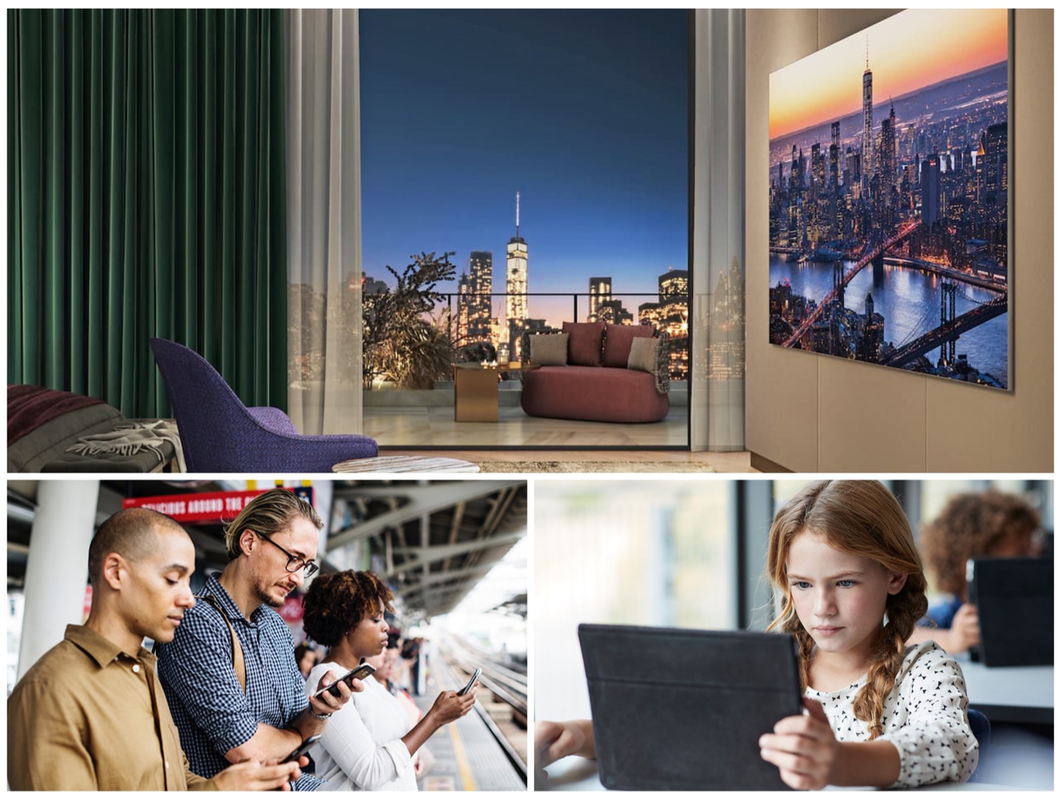Saying that people won’t want screens in front of their face all day is like saying that people won’t want to eat sugar. Or it’s like doubting that people would want to sit on the couch and watch TV. If Elon Musk was around in 1890 he’d probably say that the television would never take off because he couldn’t imagine people wanting to sit still all day watching moving pictures on a piece of glass.
In 1890 entertainment was derived in the real world by going places and being in the room with other people. Stories were best told by live actors on a stage. Who would want to retreat to a dark room all by themselves? That would be crazy talk.
Of course, Elon Musk hates the whole Metaverse idea because it’s contrary to all of his life’s work. Musk is in the business of transporting people or objects, one at a time over many miles. The future is about transporting data to people. As I’ve written exhaustively, the future is for companies that are in the business of connecting people, not moving them physically. This must bother Musk greatly.
As for the idea that people “wouldn’t want screens in front of their face all day”, this already has proven false. For many people, their smart phone is the last thing they look at each night and the first thing they look at in the morning. Then they start a job where they sit in front of glass screens from 8 to 5pm. After work, they might surf the web on an iPad while they eat dinner. After Dinner, they might catch the latest episode of their favorite TV series on their big screen television. During the show they might have to go to the bathroom where they promptly catch up on social media on their smartphone.
And people don’t just want more screen time. They want bigger more immersive screens. Phones have been getting bigger and bigger. And they might get foldable. Why? So people can carry even larger screens in their pocket. TV screens have also been getting ever larger. People want to feel like they are in the middle of the action. Where does this end? It all leads to a fully immersive virtual reality setup.
Is there anything about modern society that leads anyone to believe that people don’t want screens in front of their face all day? If you could graph the average time people looked at glass screens through history, it would show an unstoppable march upwards to wearing them full time. I’m not saying that this is a good trend or even desirable. I’m only speaking as an analyst looking at the data. And the data leads me to believe that we’re headed straight for a metaverse shaped iceberg.
The pressure will also be on the corporate side. My company, and many others, are struggling with how to handle the new work from home paradigm. Countless millions are spent on computer monitors that reside only at the office. People love working from home but many don’t have monitor setups at their house. Companies are faced with the decision on whether or not to pay for at-home monitor setups for their employees in the future. Do they pay for redundant extra monitors? Do they start “hotel” office desk setups?
Guess what would be really convenient, and cheaper, for corporations? Paying for monitors which you could easily transport with you wherever you worked. Monitors should be mobile like laptop computers or tablets and not permanently stuck at the office. A headset solves this problem.
And people need to stop saying that wearing glass screens in front of your eyes is an unheard of proposition. Because people have been wearing glass lenses in front of their eyes for hundreds of years. Many put them on in the morning and wear them all day. Having two slabs of glass in front of your eyes is nothing new. Sure it’ll take a few years to get the electronics down to the point where it’s as small and light as a set of sunglasses, but it’ll happen. One day, holding your screen could seem as quaint as having to crank the engine in your car. That’s the magic of capitalism.



 RSS Feed
RSS Feed